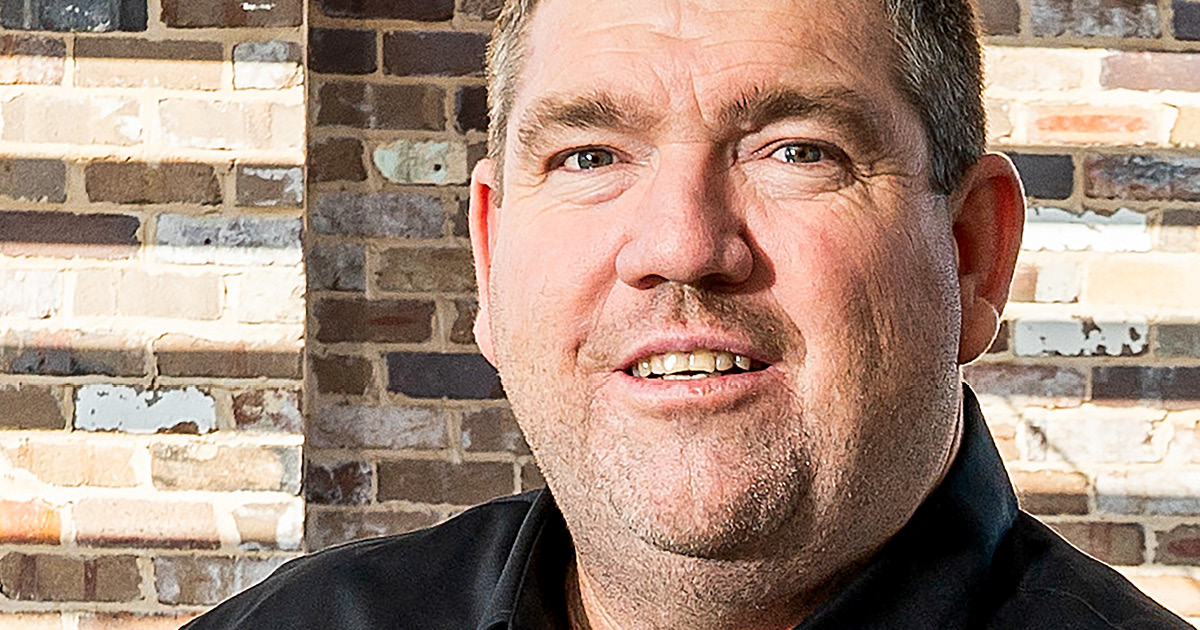Of all the sectors that have experienced disruption in the past five years, the construction industry has had to weather some significant storms.
From supply chain issues and labor shortages to changing government legislation and the housing crisis, the challenges can seem never-ending.
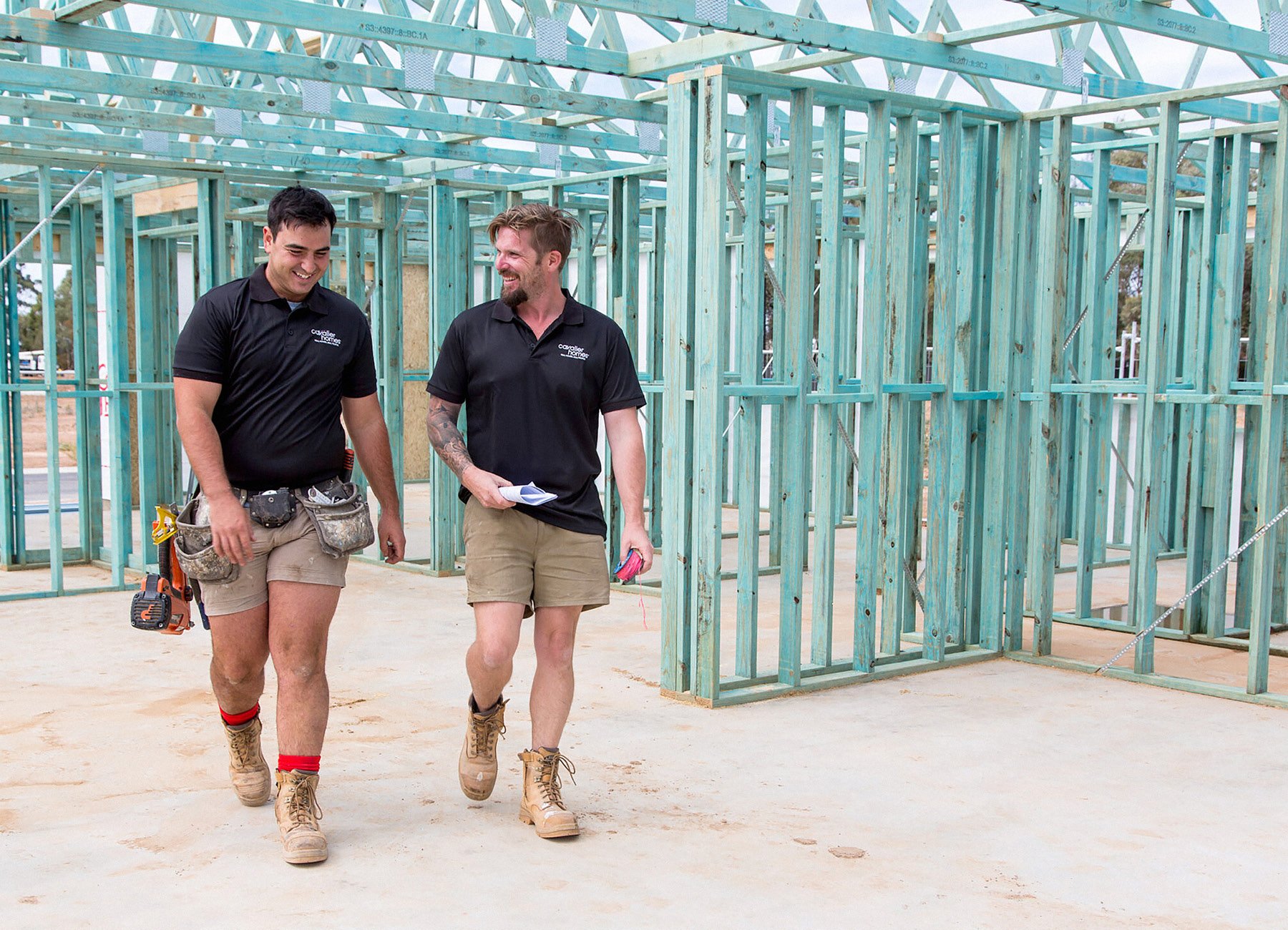
“Being a franchise means we’re locally owned builders, and as a family-owned business, we’ve always had a strong family focus.”
However, with agility and a positive vision for the future, some businesses have been able to harness the winds of change and thrive in these complex and volatile conditions.
Cavalier Homes is one such company, with Dale Paddle, a Director for Australia and New Zealand, at the helm. With more than 35 years’ experience in the building trade, Paddle is also Managing Director of Cavalier Homes Albury–Wodonga and serves as President of the Murray Division of the Master Builders’ Association of Victoria.
Staying connected
It’s a family affair; Paddle’s wife and two of his children also work in the business, all committed to delivering excellent service and quality homes for their customers.
“I took on the Cavalier Homes franchise in 2005,” Paddle recalls. “Prior to that I had been doing a lot of contracting for domestic and commercial businesses. I could see the bigger builders coming into regional markets, so I decided to head down the path to be part of a bigger group.
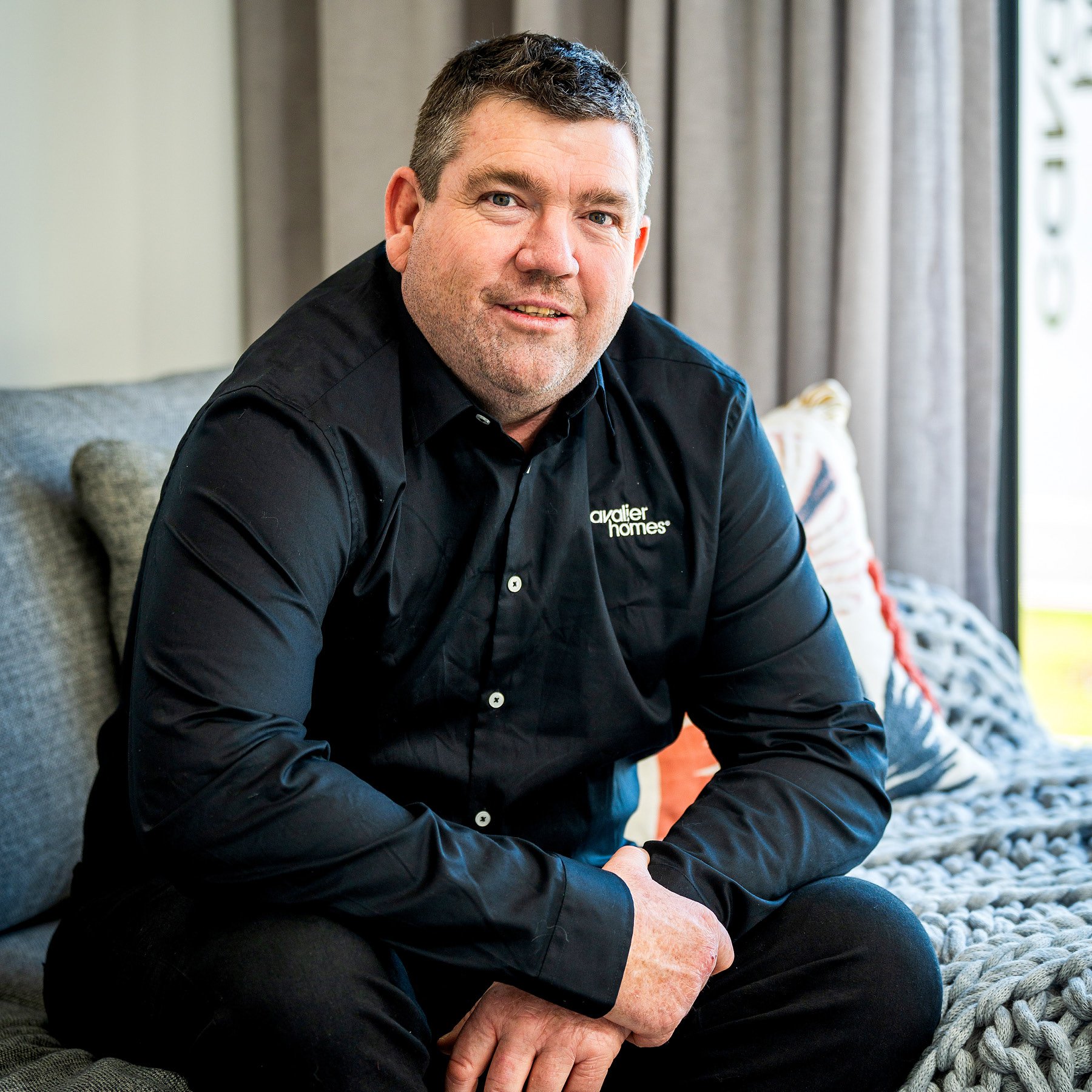
“We certainly see that there’s a real need in the community to help provide social housing.”
“Being a franchise means we’re locally owned builders, and as a family-owned business, we’ve always had a strong family focus. One of Cavalier Homes’ principles is ‘Real Homes for Real People’ and we try to hold ourselves to that to keep us connected.”
The community connections and commitment to quality has paid off. After starting from scratch, Paddle’s franchise now builds over 100 homes per year, with a goal of 200 homes per year in the Albury–Wodonga region.
The parent company is now listed in the annual Housing Industry Association’s top 100 builders in Australia at 48th position in the 2023/2024 financial year.
Housing for all
Part of this success has come from the diversity within Cavalier Homes’ portfolio. As well as traditional family homes, the company is also involved with affordable housing programs, both government funded and private sector housing developments, along with essential worker housing.
“We certainly see that there’s a real need in the community to help provide affordable housing,” Paddle notes. “It has been a focus moving forward for our company – we’ve certainly done a lot in that sector over the past couple of years.”
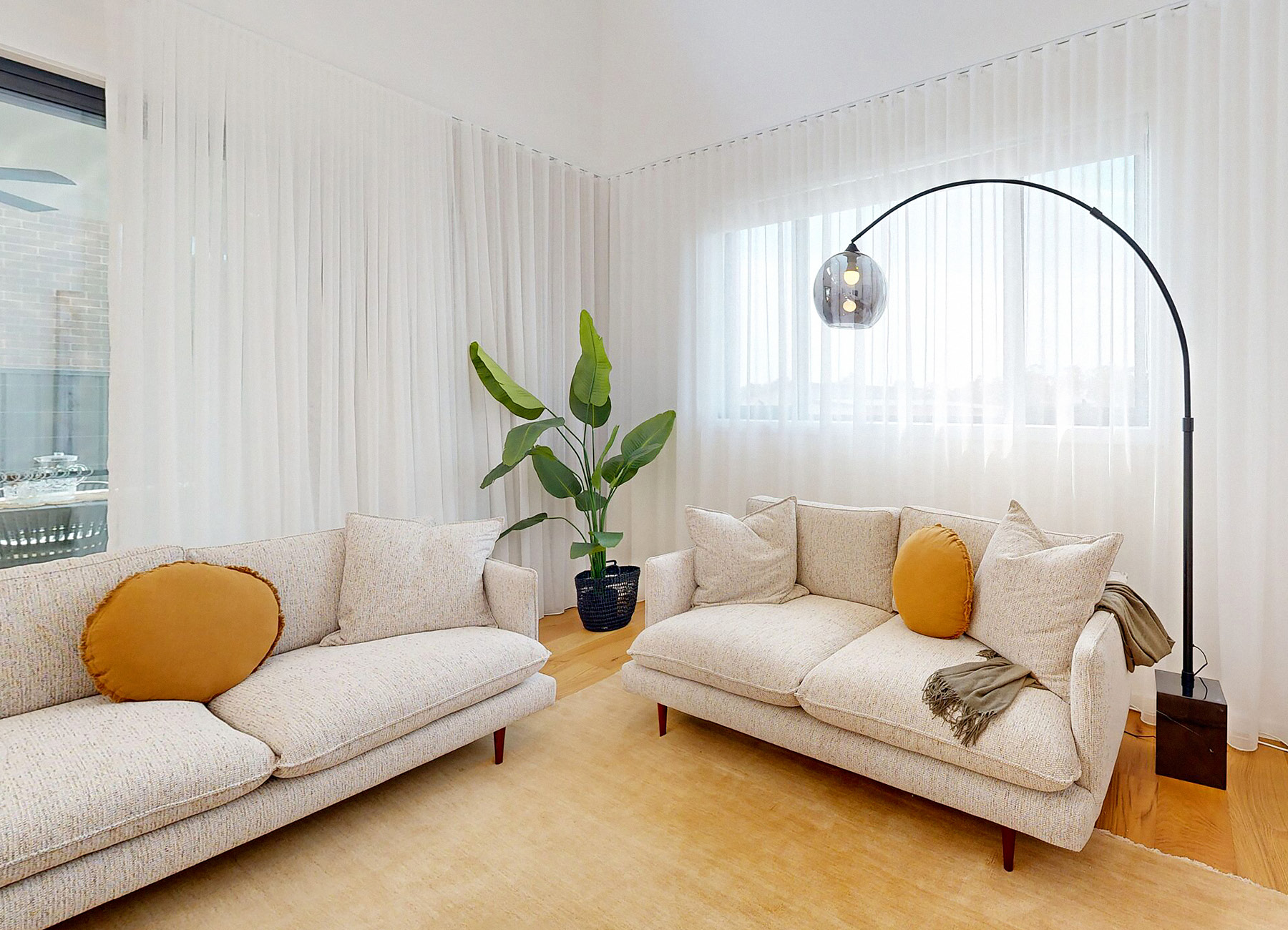
“We build a really high-quality product that offers great value for money for our customers.”
But no matter who is going to live in the dwellings that Cavalier Homes builds, the quality is always the same.
“We build a really high-quality product that offers great value for money for our customers,” Paddle asserts. “We do a lot of marketing to demonstrate the value and advantages our homes can offer.”
Sustainable focus
While the focus is quality first, sustainability is an essential pillar of the company’s vision – not only due to corporate ESG criteria, but also to meet government legislative requirements.
In recent years, changes in government regulations mean that homes need to be more energy efficient. This is something builders now have to factor into their budgets and their construction practices. At the same time, new regulations to improve accessibility for people with disabilities have been introduced.
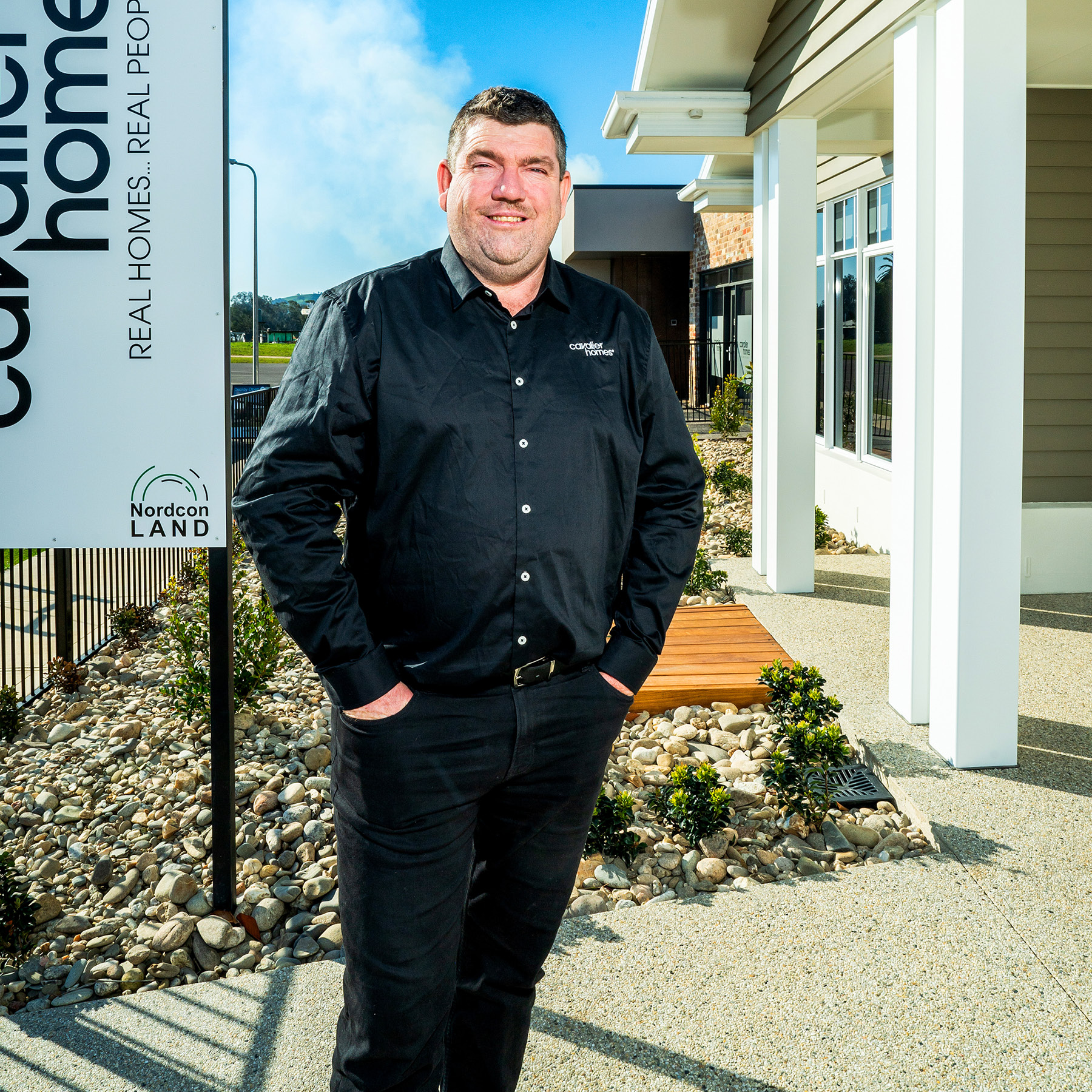
“We’re looking at strategic ways to deal with the changes so we can make the houses as affordable as possible for our customers.”
“The introduction of these legislations has had a real effect on the build costs,” Paddle acknowledges.
However, rather than simply passing on all costs to the homebuyer, Paddle and his team have innovated to find alternative solutions.
“We’re working on design changes so we’re able to work around it,” he says. “We’re looking at strategic ways to deal with the changes so we can make the houses as affordable as possible for our customers.”
Consistent growth
This approach is certainly paying off: build numbers remain consistent, despite the current economic climate. “We’ve taken on new challenges and are chasing different markets. That’s been really positive for the Group,” he explains.
“We also continue to work on the development of our systems, which set a really good platform for our franchisees to be successful.”
While navigating so many changes at once, Paddle draws on the leadership skills he’s developed after his decades leading the company. Fostering relationships, he says, is key.
“I try to be fair and caring,” he says. “Some of our staff and contractors have been working with us for over 20 years.”
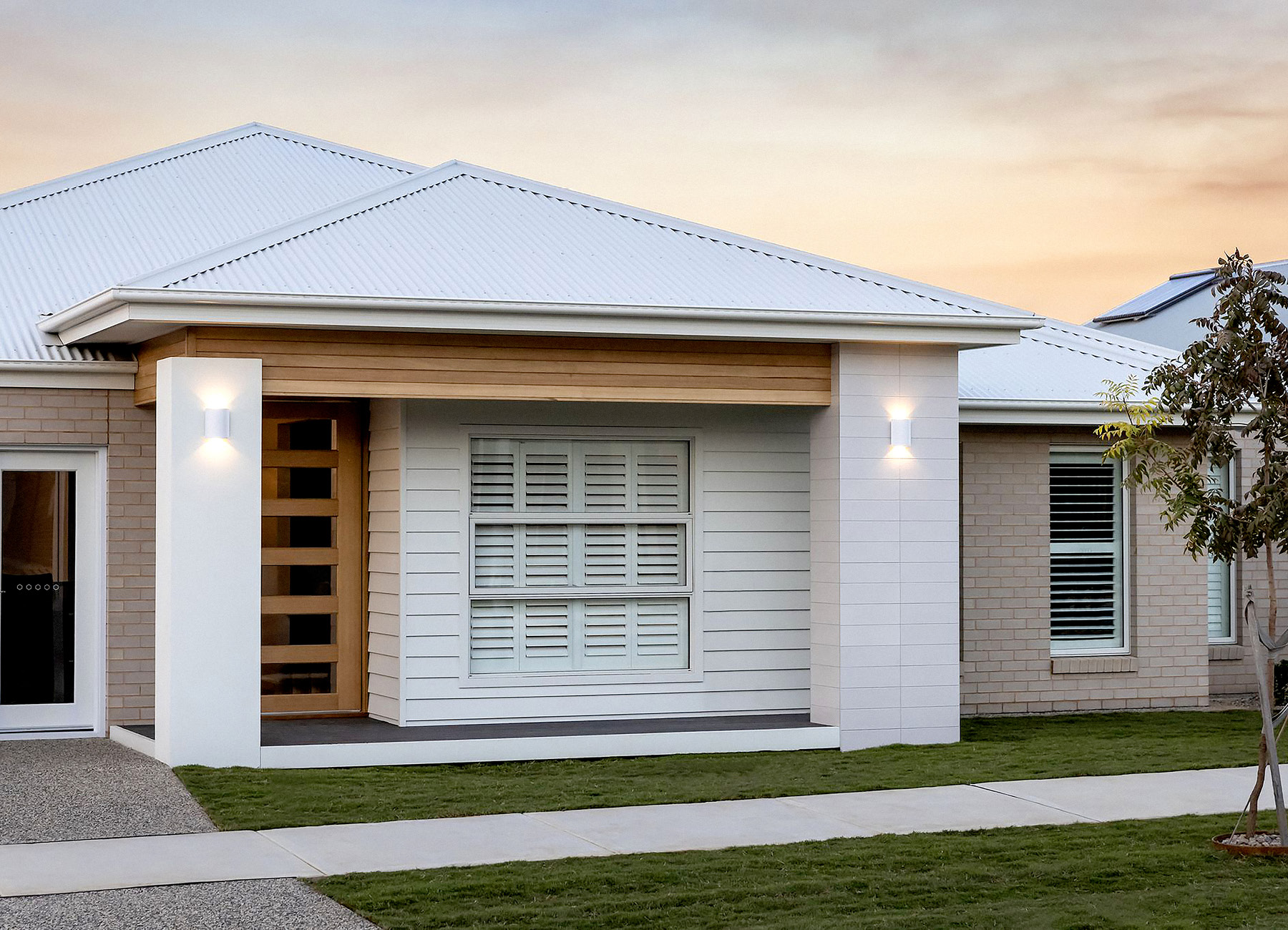
“The data gives us a better picture of how the business is traveling, and it helps hold everyone to account.”
But experience only goes so far. Measuring KPIs has been an important tool in helping measure growth, both for the company and individuals.
“I think when I was younger, I wasn’t sure how to hold people accountable,” he notes. “Things like KPIs are very important to measure people’s performance.
“Without good data, it’s really hard to understand if people are performing at high levels. But when you have the numbers, you can then reward those people who deserve it.
“The data gives us a better picture of how the business is traveling, and it helps hold everyone to account.”
Valued partnerships
Paddle also acknowledges that it’s not just the hard work of the directors and the employees that bring such success. It also comes down to the company’s suppliers.
“Ground Up is a local supplier of PGH bricks and a number of other products, moldings and pavers and other outdoor landscaping products,” Paddle says.
“We have a really good relationship with them, and we’ve been using PGH Bricks for probably over 20 years, so had a long history together. Their service has always been really good, and that’s one of the reasons why we’ve dealt with them for so long.
“And then there’s Rinnai, our long-term supplier of hot water systems. We started with them when we first bought the franchise, and they’ve been really reliable.”
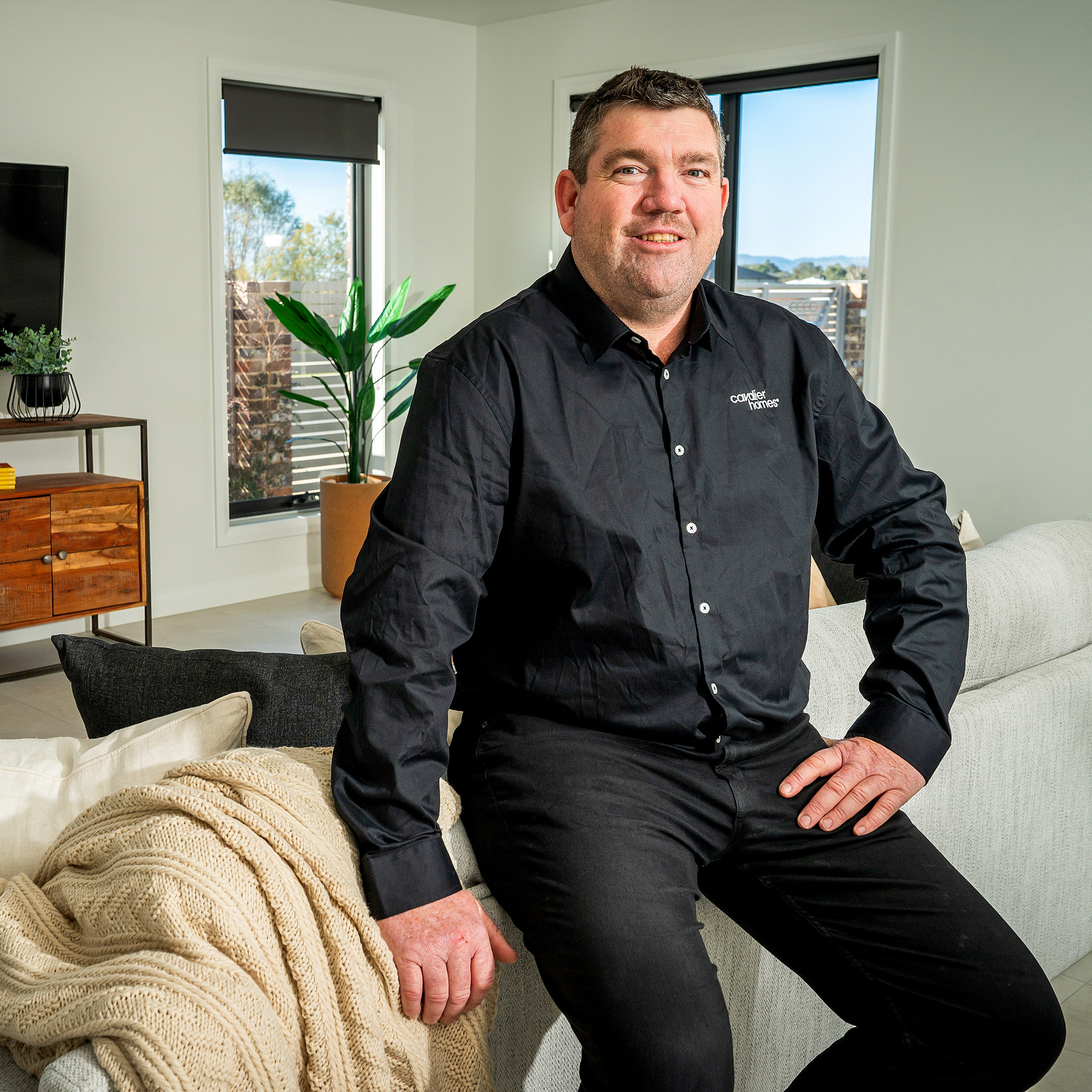
“Some of our staff and contractors have been working with us for over 20 years.”
CSR is another valued supplier. “Cavalier has dealt with CSR for around 12 years, using their bricks. They’ve been a really solid partner over the journey and that’s what we rely on,” he explains.
“When we bought the franchise network, we wanted to build long-term relationships with suppliers and contractors, because I believe that gets you the best results as far as being able to get product, as well as being able to get labor to build the houses.”
A bright future
Paddle’s vision for the future is yet more success for the company.
“We want to see Cavalier Homes franchises in every major and regional city across Australia, and we’re going to certainly continue to work on doing that,” he enthuses.
“There’s a lot of franchise builders in the marketplace that don’t provide really good and structured systems and services to their franchisees.
“But we’ve spent a lot of money in research and development to provide really solid systems that we use in our own businesses that now we use in our franchisees’ businesses, to give them the best opportunities to have success.”
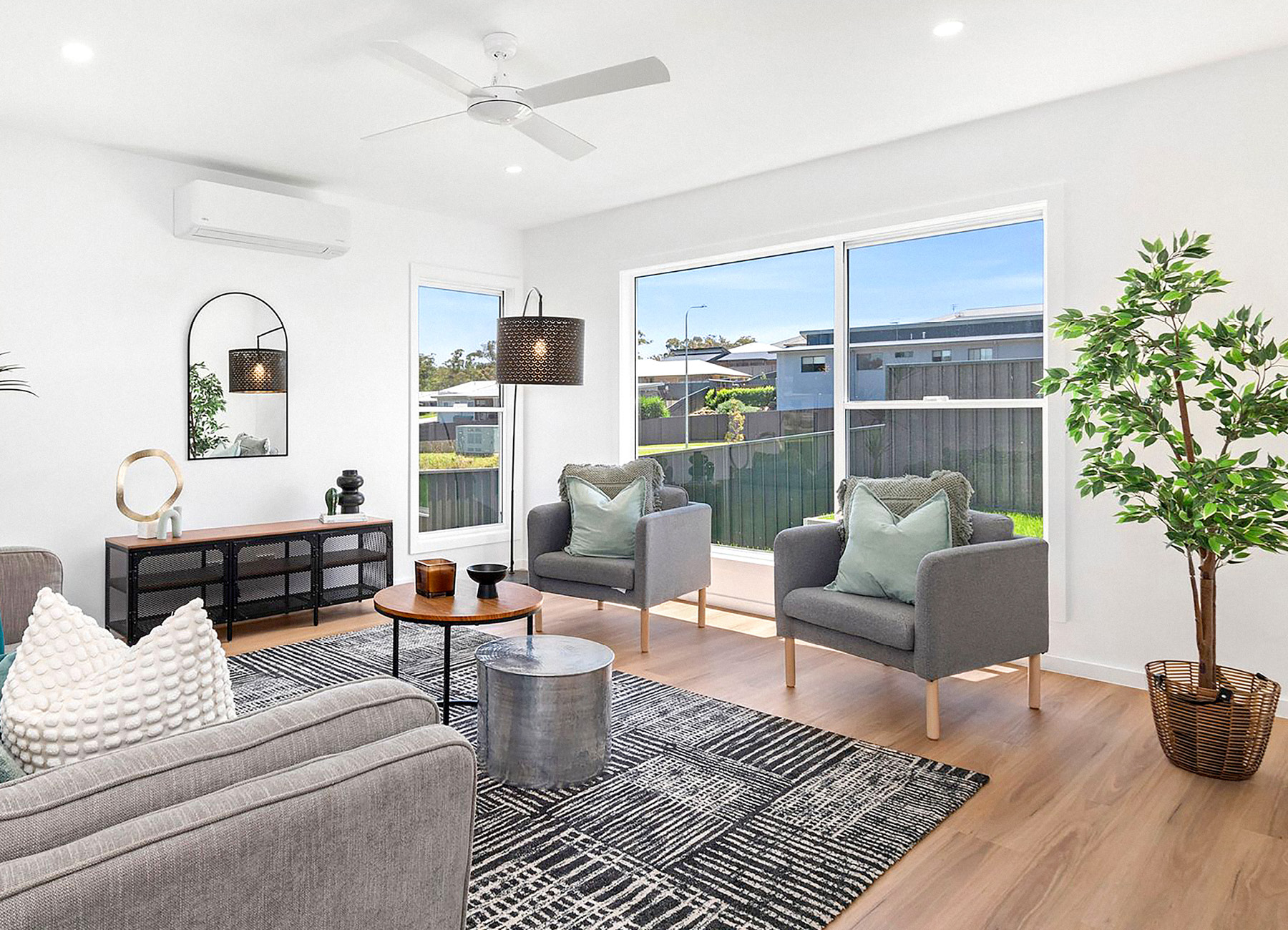
“We want to see Cavalier Homes franchises in every major and regional city across Australia.”
Such investment is well worth it, Paddle says, as the success of the franchise operator is only possible if the franchisees are also thriving.
“I don’t want to have a hundred franchisees and have issues with them going broke all the time, because the building industry’s been renowned for that,” he admits.
“We want to have a hundred franchisees that are all doing really well, and obviously building really good homes across Australia and continuing to grow our reputation as being one of Australia’s best home builders.”


